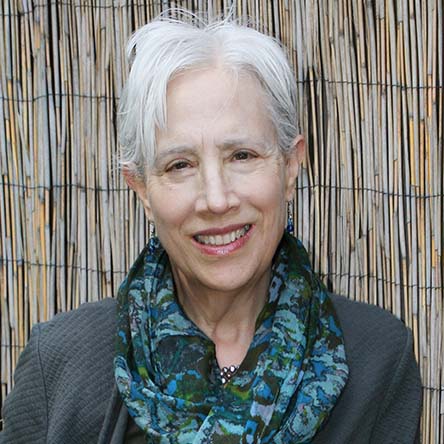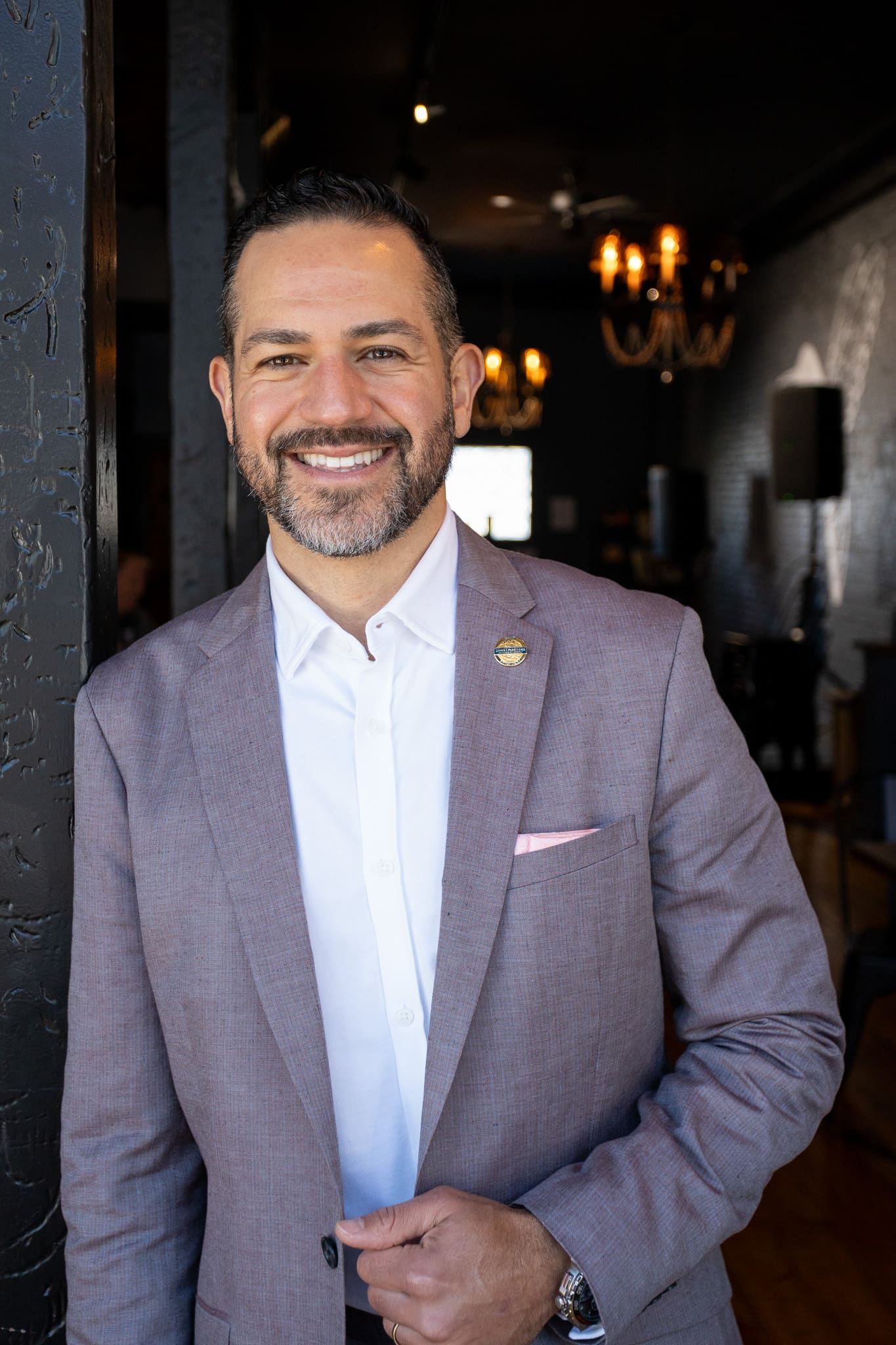Pirates and Outlaws
An attractive archetype
Americans are a scrappy lot. We’re “cussedly independent.” After all, the United States was founded by “embattled farmers” who broke the rules of war by wearing buckskins and hiding behind trees to shoot at soldiers marching in lines wearing bright red target-coats.
So it isn’t surprising that we love the “pirate” and the “outlaw,” those who “disrupt,” break the rules, or “stick it to the Man.” You can see it in our literature, Tom Sawyer and Huck Finn, our movies, Pirates of the Caribbean and The Godfather and TV shows, The Sopranos and Breaking Bad. We idolize business leaders like Henry Ford, Steve Jobs and Elon Musk.
Fashions change, but the pirate’s earring, the outlaw’s bandanna mask, the gangster’s pinkie ring perpetually resonate.
It is a romantic archetype, daring Outlaw, passionate Revolutionary, swashbuckling Pirate, Maverick, Outsider, Rebel. We cheer Zorro and Batman, rich men turned thieves and justice warriors for the poor.
Americans didn’t invent this archetype. The British have Robin Hood; the French have Cartouche. The Germans have Schinderhannes and the Australians have Ned Kelley, The Keralans in Southern India have Kayamkulam Kochunni, the Irish have Gráinne O’Malley, and the Chinese have Song Jiang. Outlaws with a heart are a global phenomenon.
There are brands that promote themselves as outlaws, Harley-Davidson, MTV, Apple. Some celebrities style themselves bad-boys, like Erroll Flynn, who famously played Robin Hood, or Charlie Sheen or bad-girls, like Madonna or Milie Cyrus. Country singers Willie, Waylon, and Kris were called outlaws because they resisted album strings tracks. Hank Williams Jr, and Chris Stapleton carry on the outlaw-country tradition.
Some leaders strike an outlaw pose, which, I guess, is OK until they start breaking actual laws or behaving in toxic ways. Then maybe it becomes a little less romantic and a lot less cool.
The Law is the law . . . except . . . maybe . . .
The United States was founded in the tradition of English common law. Before the Norman conquest of 1066 England was ruled in Anglo-Saxon legal tradition. Crimes were personal. Victims were entitled to compensation. If I killed your cow, I paid you for it. If I killed your wife I paid you, maybe more or less depending on the wife and the cow. If the parties could agree on compensation, great; if not, the chief or a jury of locals decided the crime price.
The feudal Normans built stone castles with square towers and keeps on hills overlooking thatch covered villages. The Normans, a colonial power, needed to keep the peace, so there were rules of accepted behavior. Crimes became less individual, and more crimes “against the community.” Adjudication of the law was centralized, conducted by clerks, literally clerics, literate clergy. These clerks’ knowledge of law came from Cicero, Virgil and the Vatican and was described as flowing from the Divine Right of the King. It’s tough to make exceptions to God.
The outermost rim of an Anglo-Saxon village was called the pale. If someone’s behavior was wild and uncontrollable it was described as “beyond the pale,” outside village acceptable behavior that might get you banished. The Normans expanded the concept of outlawry, to be outside the community and protection of the law.
Everyone had to follow the rules, even Kings. Henry II discovered this when his knights murdered Thomas á Beckett, Archbishop of Canterbury. Royals were slow to learn. King John’s barons spelled out the rules in the Magna Carta in 1215.
This is what the Adams, Jefferson, Franklin crew were upset about; George III was not following the rules. So they built a government to ensure “life, liberty, and the pursuit of happiness.” It was a representative republic, which, despite visionary words, wasn’t all that representative, and we’ve been trying to grow into the words they used ever since.
The founders broke the rules to break away, but they were rule based folks. Sam Adams, the firebrand of the Son’s of Liberty, was an outlaw to the Crown and a patriot in our history books. So Americans had this dichotomy from our beginnings. We love “law and order,” a “government of laws not of men,” “the rule of law.” We also love the Outlaw and the Pirate. Maybe everyone does.
Unintended consequences
I have been rebellious for much of my life. I rebelled against my parents, my teachers, against bosses, against anyone who had the smallest bit of power over me. I broke some laws. I’m not proud of that, but fortunately I never hurt anyone or went to jail. I loved the pirate image; I even once contemplated an earring.
Disney’s Pirates of the Caribbean is a fun romp. Captain Jack Sparrow meets up with Edward Teach, Blackbeard. The real Edward Teach was captured and beheaded after a career of capturing ships, killing their crews and marauding coastal communities. Maybe the earing isn’t so cool.
One filmmaker shows the horrific consequences of outlaw behavior. We laugh as Vito Corleon (Marlon Brando) in Francis Ford Coppola’s The Godfather talks about an “offer he can’t refuse.” Then we wake with the man who discovers a severed horses head on his bloody satin sheets.
Jesse James, Butch Cassidy and the Sundance Kid have been lionized in books and movies, but you rarely hear from the families of Pinkertons guards or Bolivian federales they killed. Al Capone, the bootlegger operator avoided getting caught by becoming a local folk hero. The victims of the St. Valentine’s Day Massacre didn’t get a say. Capone was put away by the IRS for tax evasion.
People talk blithely about tax evasion a “victimless crime.” This is the Anglo-Saxon view of crime. The victim isn’t one person or one company, it is a crime against the community.
Some admire how drug dealers “beat the system” until your brother dies of a fentanyl overdose or your little sister is caught in a gang crossfire. We call terrorists “freedom fighters” until they commit an unspeakable crime in the name of “liberation.” The Pirate and Outlaw are too wrapped up in ”rules don’t apply to me” to care about anything but themselves.
But that earring, bandana, and pinkie ring sure are cool.
The post Pirates and Outlaws appeared first on Wisdom from Unusual Places.
Originally Published on https://wisdomfromunusualplaces.com/blog/


























